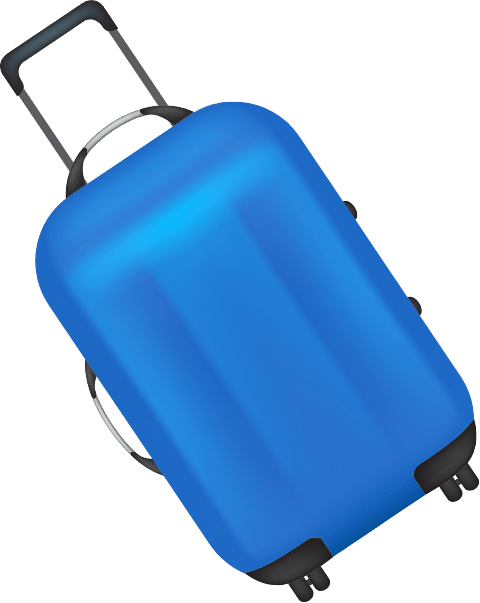Every year, over 35 million people visit Canada. Some for travel and leisure, others to visit family. Whatever your reason is, you may require the proper documentation to enter Canada. If you come from a country which is considered to be visa exempt, you may not require a visitor visa (temporary resident visa). However, those who do not come from visa exempt countries will need to fist obtain this visa before they can even board a plane to Canada.



Obtaining a Canadian visitor visa or temporary resident visa (TRV) is often easier said than done. Due to the fact that many people take advantage of these visas and overstay their authorized period of time in Canada, immigration officers scrutinize such applications. You will need to, above all else, prove that you have strong and sufficient ties to your home country to convince an officer that you will leave Canada after your visa expire.
Beyond this, you will need to also demonstrate your intended temporary purpose in Canada. Do not forget that you are applying for a temporary document and an officer will wish to see the temporary nature of your stay in all aspects of your application.
A travel itinerary with valid return tickets goes a long way to convince an officer that you will return to your home country. Proof of employment, family ties and property in your home country are also very useful to demonstrating your ties to your home country.
You must not have your biometric fingerprints and photo taken before you submit your application for Visitor Visa.





Applying for entry to Canada is often easier said than done. If you come from a country that is not visa exempt, you will be required to obtain prior authorization to enter Canada. This means obtaining a Temporary Resident Visa (TRV) or Visitor Visa for authorized period of stay in Canada. A Temporary Resident Visa, more commonly known as a Visitor Visa, are for those that require this authorization to enter Canada.
Before coming to Canada you should research to find out whether or not your Country is considered visa exempt. Only certain countries have a status while the majority will require a Temporary Resident Visa (Visitor Visa) for entry.
As you are applying for temporary document you must demonstrate the temporary nature of your visit. Whether your visit may be for travel and tourism, visiting family, or simply coming to see what Canada is all about, you will be required to demonstrate or satisfy an officer that you will exit the country upon your authorized period of stay. This is done by demonstrating ties your home country. Any temporary document that you may wish to apply for to Canada requires this. However, a Temporary Resident Visa (Canadian Visitor Visa), more so than others, is hinted on this fact.
Some people who have successfully entered Canada have overstayed their welcome and have remained in Canada illegally. Canada is working diligently to prevent this situation and therefore officers scrutinize Temporary Resident Visas more so than most applications.



There are several ways to immigrate to Canada, such as through Express Entry, Provincial Nominee Programs (PNPs), Family Sponsorship, and Business Immigration. The eligibility criteria and application processes may vary depending on the program and category. You can visit the Government of Canada’s official immigration website for more information and guidance on the different immigration options available.
The requirements to immigrate to Canada depend on the immigration program or category you are applying under. Some common requirements include meeting the language proficiency (English or French) standards, having sufficient funds to support yourself and your family, meeting the educational and work experience criteria, and passing the medical and security checks. Each program may have additional requirements, so it is recommended to carefully review the eligibility criteria before applying.
The processing time for Canada immigration applications varies depending on the program and category. Some programs, such as Express Entry, have faster processing times than others. The processing times can also depend on factors such as the volume of applications received, completeness of the application, and whether additional information or documents are requested. You can check the current processing times on the Immigration, Refugees and Citizenship Canada (IRCC) website.
The different types of Canadian immigration programs include Express Entry, Provincial Nominee Programs (PNPs), Family Sponsorship, and Business Immigration. Express Entry is a federal immigration program for skilled workers, while PNPs are designed to allow provinces and territories to nominate individuals who meet their specific labour market needs. Family sponsorship allows Canadian citizens and permanent residents to sponsor their eligible family members for immigration to Canada. Business Immigration programs are designed to encourage foreign entrepreneurs and investors to start or invest in a business in Canada.




WhatsApp us